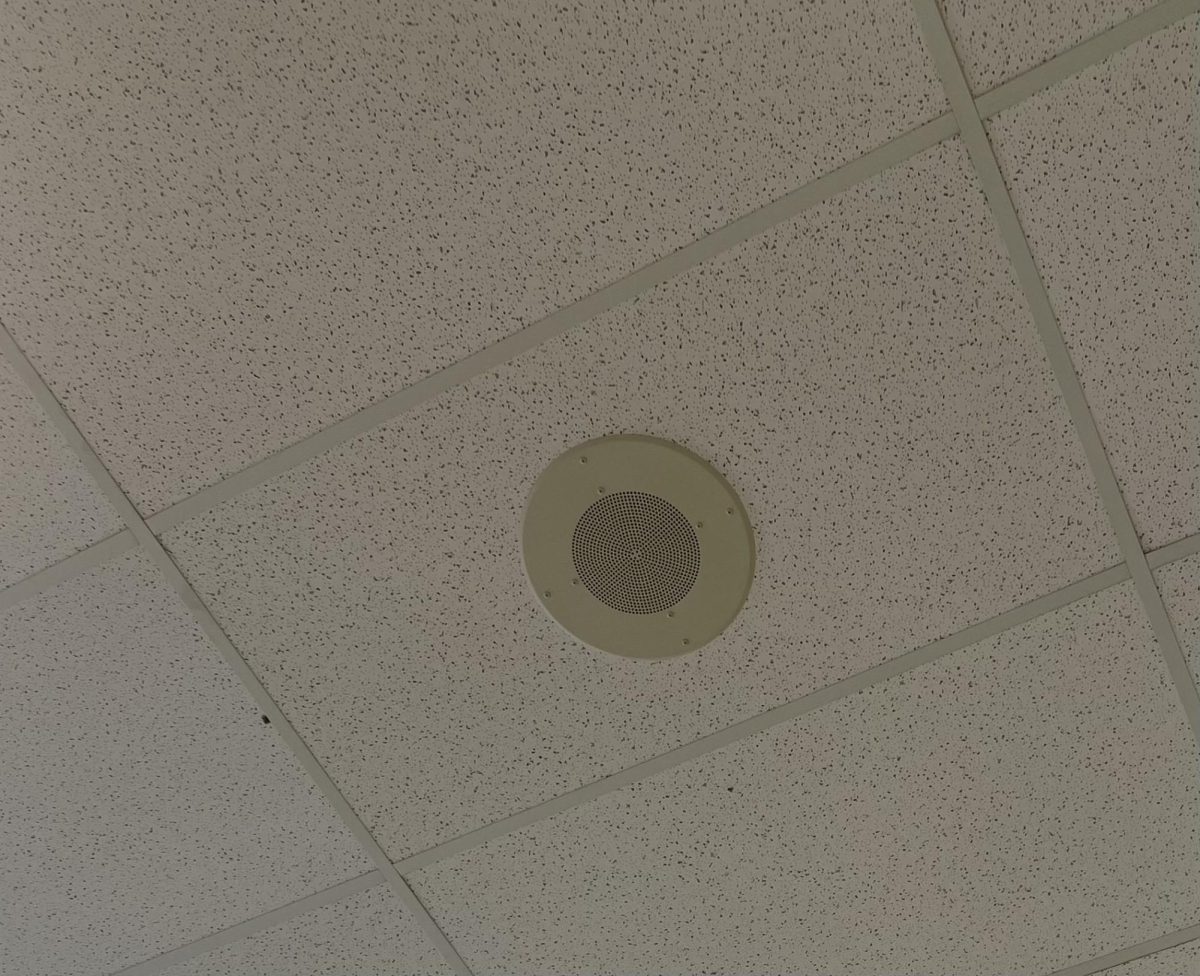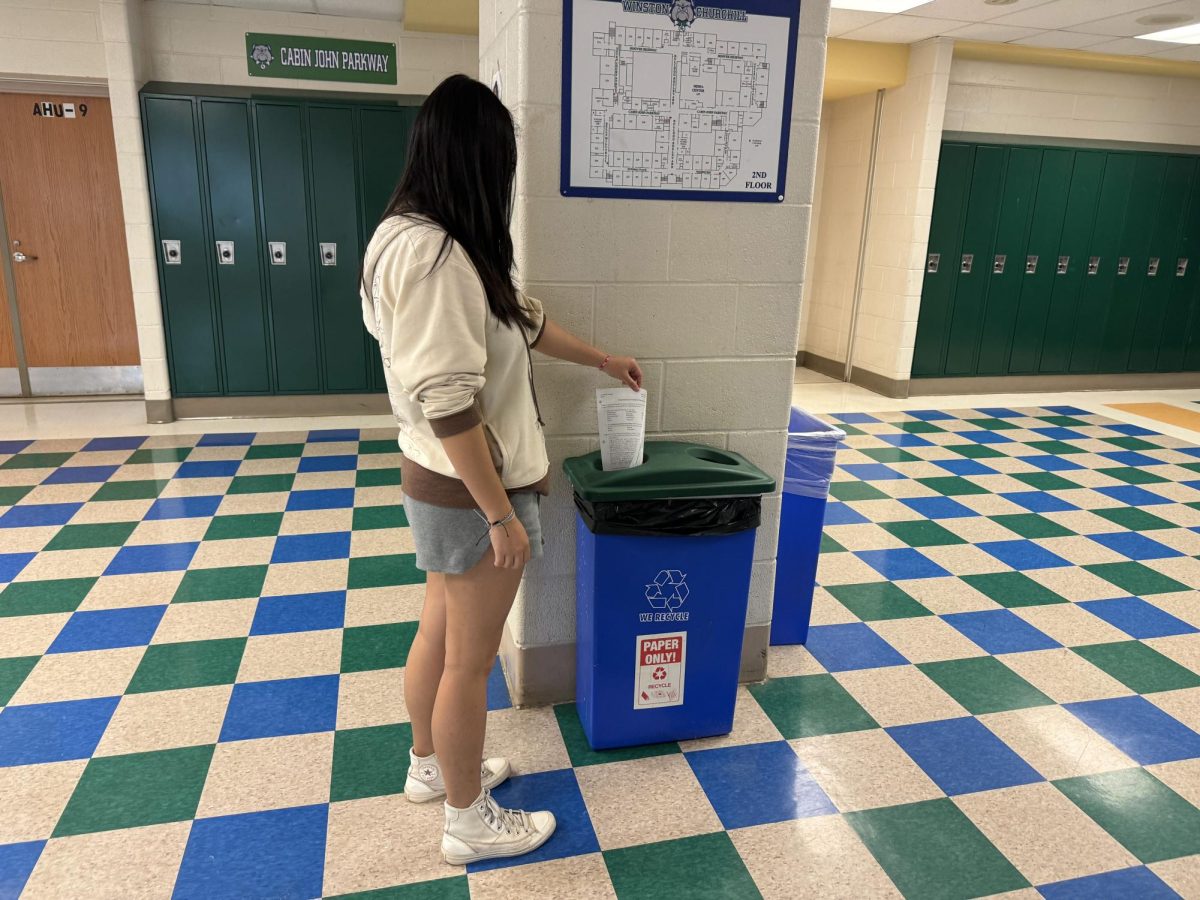Have you ever found yourself wanting to listen to the same song four times a day, five days a week? Maybe if it’s your favorite song, right? Well, at WCHS, you can listen to a song you don’t want to hear over 20 times a week!
Artists such as Taylor Swift and Dua Lipa often headline the WCHS hallway tracks, which are great choices. However, students don’t want to listen to the same songs repeatedly because too much of a good thing can ruin it.
In a poll conducted by the “@wchsobserver” Instagram account, 128 students expressed their opinions on the hallway music. A whopping 97 percent of students selected the option: “No, I’m sick of it.”
The results of this poll are clear: students don’t like the music. It does not take a rocket scientist to conclude that the music selection requires a change, but what can we do?
An obvious solution is to play student-requested songs. There was a time when students were encouraged to send in song requests via Google Forms, but that time is now gone. Forms are nowhere to be found, and the unanswered cries of students for better music echo schoolwide.
Every day on the announcements, a link should be provided for students to submit appropriate song requests to the people in charge of running it. Of course not all students will participate, but it is clear that many students are passionate enough about their hatred towards our school’s music collection that they are willing to put effort into making a change.
A step in the right direction was taken when Mr. Stephen Wilson sent an email to all teachers in the school, giving them the opportunity to select a full day of music for any given Tuesday.
Mr. Wilson has reported over thirty responses, meaning that on most Tuesdays, the music will be controlled by the teachers. Even if the students are not getting a voice, at least the teachers are (for one day a week).
Another thing that WCHS could do is establish a rotating music schedule. For example: rap on Mondays, pop on Tuesdays, alt-rock on Wednesdays, etc. This would prevent the same song from being played all day, every day.
A contest in which individual students request music for certain days could also be held, with a prize for the winner. Any way to get more of the student body involved is a win.
At this point, anything would be a huge improvement compared to the music we are currently forced to deal with daily. Although the sample of 128 students is not everyone, a percentile of 97 is definitely statistically significant.
The goal of hallway music is to brighten students’ day and relieve their stress, but often it just infuriates them. For the sake of students’ mental health, something must change.





















